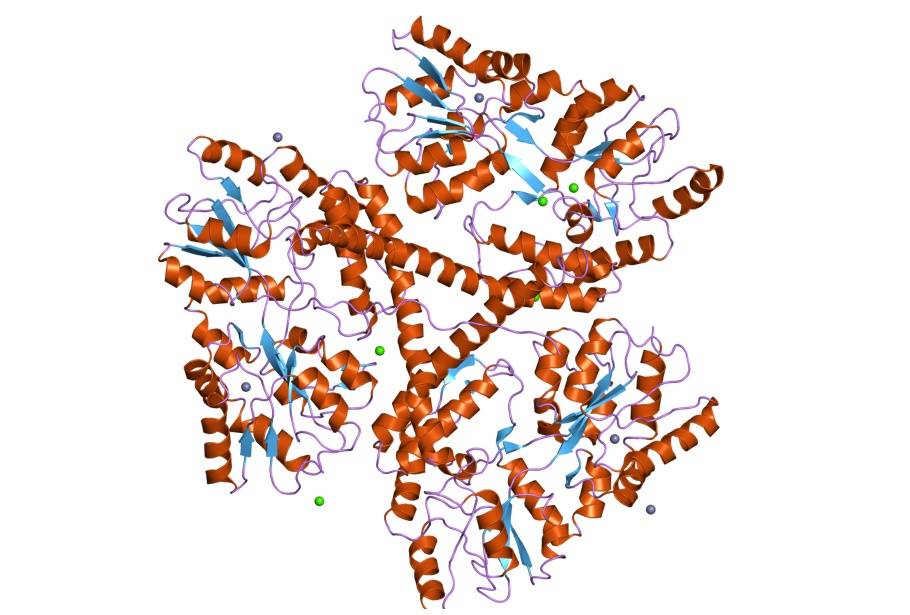You are viewing a preview of...
Peptide Inhibitor of VCP/Huntingtin Interaction to Treat Huntington’s Disease
A peptide inhibitor that selectively blocks a protein‐protein interaction to treat Huntington's disease.

Background
Mitochondria primarily play a role in the regulation of energy metabolism in cells, but have also been implicated in several human diseases including heart failure, diabetes, cancer and neurodegenerative diseases, such as Huntington’s Disease (HD). HD is a fatal inherited disease for which there is currently no cure. Available treatments are aimed at providing symptomatic relief, but do not alter the path of the disease.
Technology Overview
Researchers at Case Western Reserve University have identified a protein, Valosin‐containing protein (VCP), which interacts with the Huntingtin gene (mtHtt) on mitochrondria. A peptide inhibitor has been developed that selectively blocks the protein‐protein interaction between VCP and Htt, which has shown efficacy in a variety of HD models.
Further Details:
‑
Log in or create a free account to continue reading